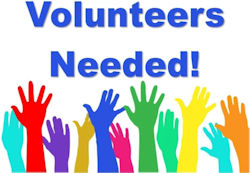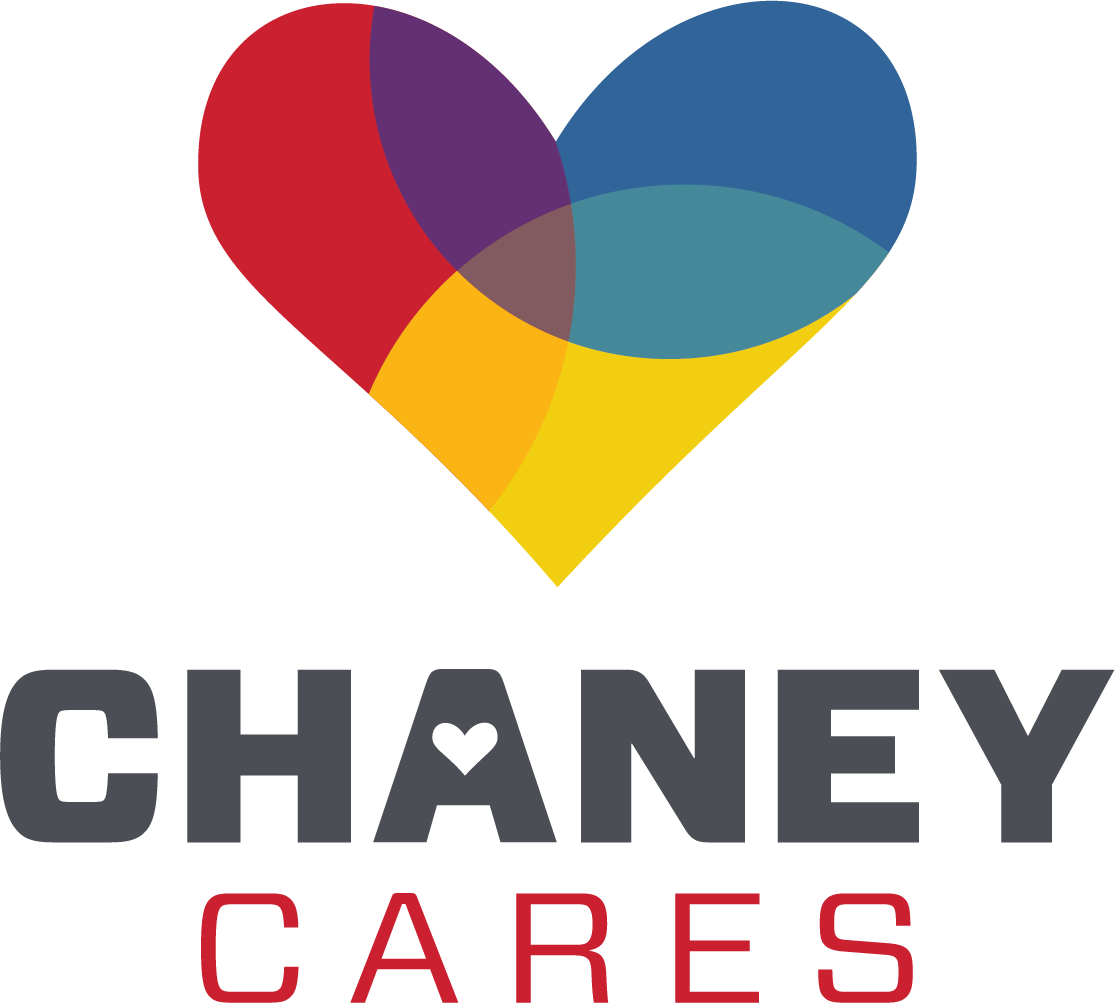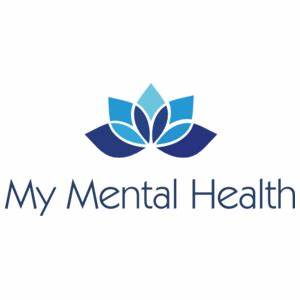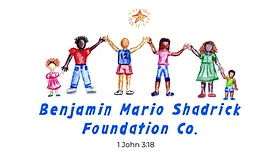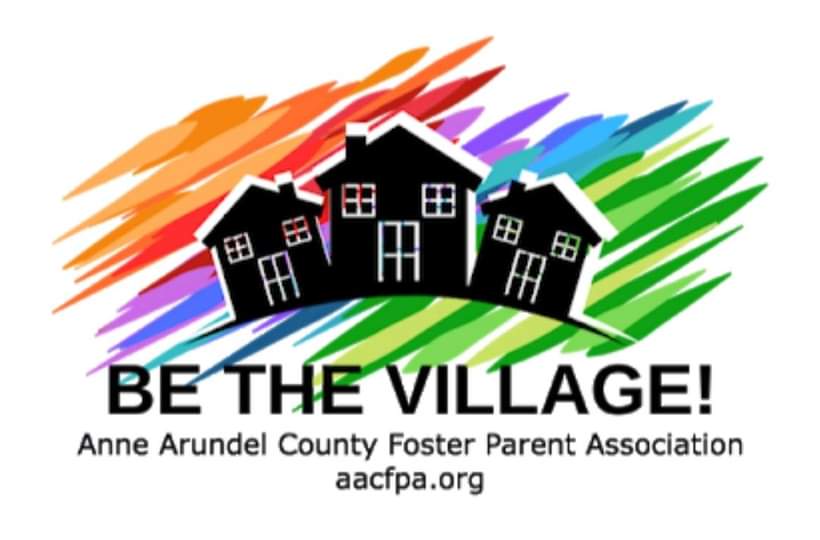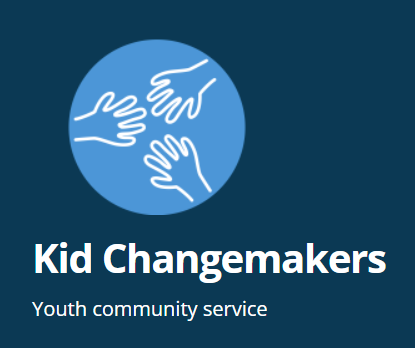Children are forced to face things every day that are hard to imagine; the death of a loved one, incarceration of a caregiver, living with an addicted parent, enduring incest or sexual abuse by the hands of a family member, and the list can go on and on. Research on Aversive Childhood Experiences (ACE’s) has brought the concepts of trauma and resiliency into the forefront. The general idea of the research is the higher the number of ACE’s a child has, the more at risk they are.
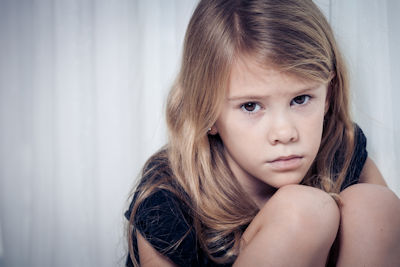
Childhood trauma occurs when a child experiences an actual or threatened negative event, series of events, or a set of circumstances that cause emotional pain and overwhelm the child’s ability to cope. Childhood trauma is widespread and can take many forms.
Children who are exposed to traumatic life events are at significant risk for developing serious and long-lasting problems across multiple areas of development. However, children are far more likely to exhibit resilience to childhood trauma when child-serving programs, institutions, and service systems understand the impact of childhood trauma, share common ways to talk and think about trauma, and thoroughly integrate effective practices and policies to address it—an approach often referred to as trauma-informed care.
Ongoing research shows that adversity and high levels of stress in early childhood can have a negative impact on a person's life. Stress can affect a child's health, behavior, and ability to learn. However, adults can encourage resilience in young children and in themselves. Resilience is the ability to cope with the stress caused by challenging situations.
The Blue Ribbon Project presents Trauma & Resilience- What’s your role? Trauma & Resilience- What’s your role? is a two-hour, interactive, training to explore the impact of trauma on youth. Participants will unpack the way youth experience trauma and resilience while discussing the impact of both on brain development. Participants will confront their own history and experience through exploration of the Adverse Child Experiences (ACES) study in order to best understand their role as helpers. Participants will leave this training with concrete examples of trauma-responsive behaviors in youth and ways they can help support healing as a safe adult in a child’s life.


